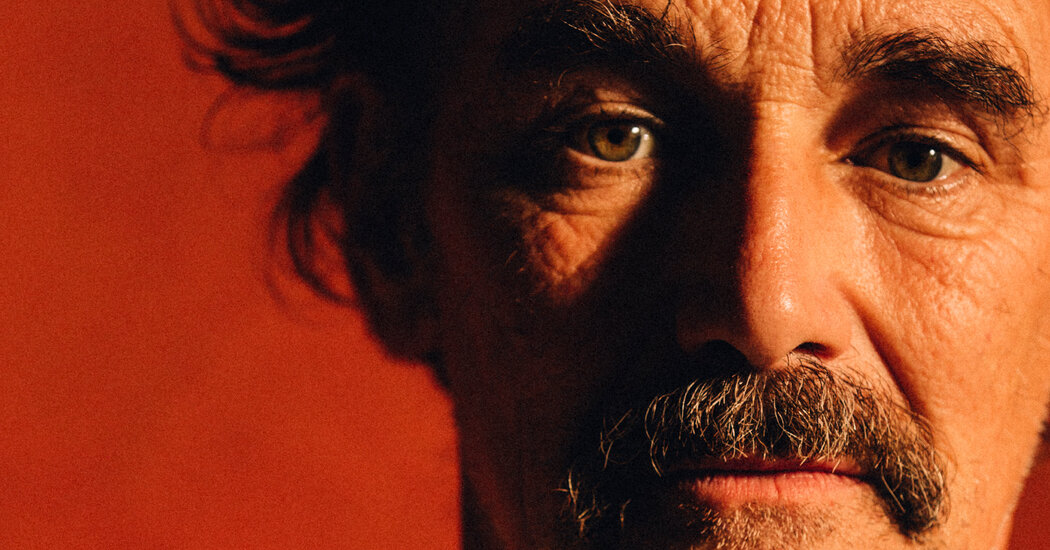
Does making a movie like that feel like playing a professional sport?
It’s a bit like what you see in English football matches, the coach and the player who’s about to be substituted, having a quick word. “Watch out for him” or “Keep on the lefthand side.” That’s what it’s like on film. You’re suddenly joining a team who have already been playing for a while — Leonardo [DiCaprio] and Meryl [Streep], they were all quite tired. They’d been playing for months when I arrived for my 10 days.
Was there a time in your career when you’d turned your back on film and TV acting entirely?
There definitely was. When I came to New York for “Boeing-Boeing” on Broadway, I became friends with Fran McDormand and Joel Coen, and they auditioned me for “A Serious Man.” I was very enamored of the script and their films and really wanted to do it. When I didn’t get the part, I was surprised by how sad I was. It was an unusual feeling for me. I can picture myself now sitting in the cafe, thinking, oh, I really want this. So I pursued getting a New York agent and manager and started to go for auditions. And they were breathtakingly dull and bad things. Eventually, out of guilt, I took a film where I ended up lying on the floor, being beaten with a hammer, fish and chips being sicked up on my face, covered in blood. The director was on his Game Boy, 100 yards away, not even watching. And I quit.
You were ready to walk away from screen acting entirely?
All my career, I’ve been told by agents that unless I make time for film and TV, I’m not a serious actor. I thought, my favorite Kabuki actors and Kathakali actors, they don’t worry about film and television. I’ve got this fabulous theater career, I make a fine living at it, I have great parts. And I got rid of all these agents and decided I would never work in film again, unless someone really asked me and I had the time. I guess nature abhors a vacuum, because a few years after that, Spielberg asked me to be in “Bridge of Spies.”
But no hard feelings about how “A Serious Man” turned out?
Michael Stuhlbarg was wonderful in that role and the better actor for it, no doubt about it.
What appealed to you about “The Phantom of the Open”?
I’ve done a lot of comedies in the theater and enjoyed it. That was always a surprise to me, because I was very shy as a teenager and completely surprised when I got up and made people laugh. Even “Jerusalem,” tonight, there’ll be moments that I’ll think, why are they laughing? And it’ll take me a while to figure out what it is. This is one of the few comedies I’ve been asked to be a part of in film, with a lot of aspects of Don Quixote, jousting at windmills, believing his own identity, not being persuaded by other people’s perception of who he is. Not sociopathic or psychopathic, where he doesn’t even hear what other people are saying — there’s a dignity to Maurice, that he honors his own truth, and I loved that about it.




